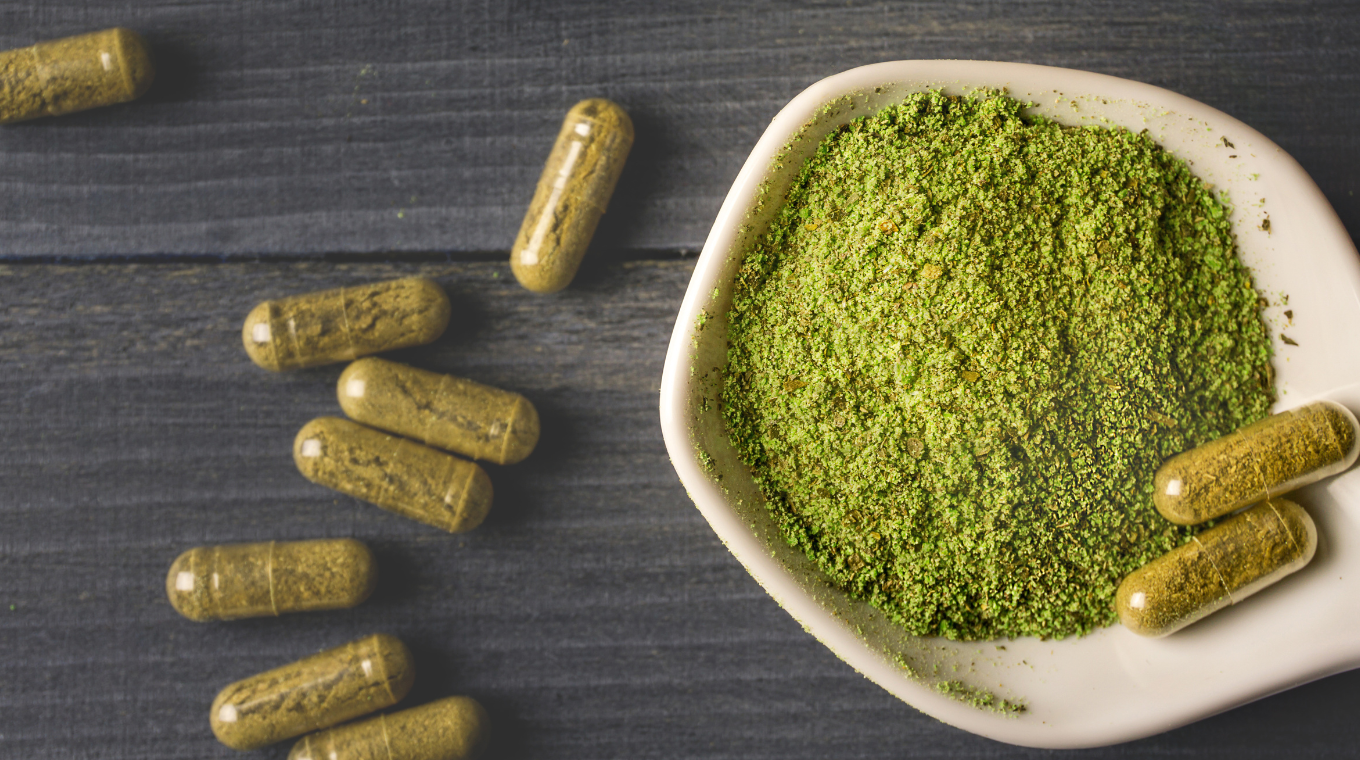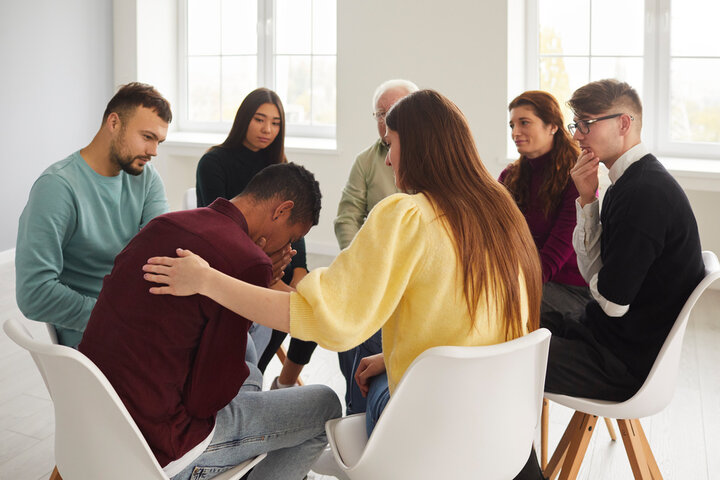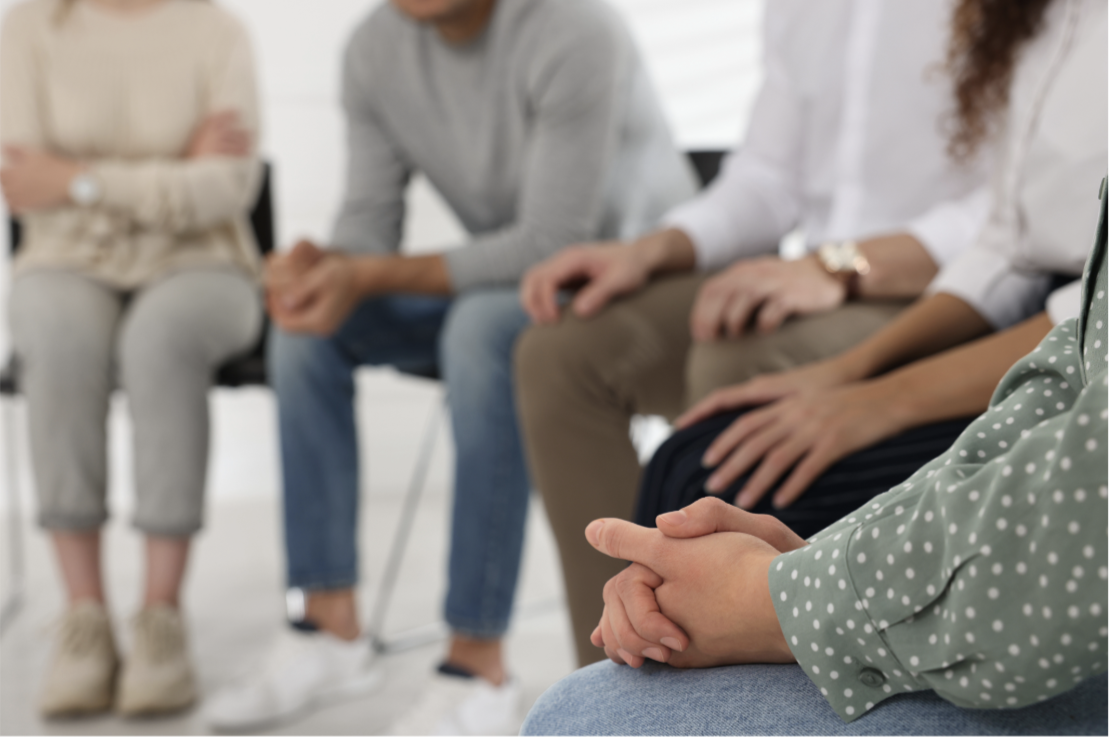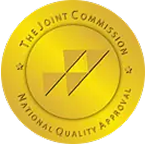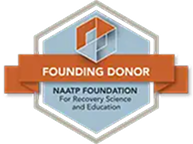Key Takeaways:The 12 Steps began in the 1930s with Alcoholics Anonymous and were shaped by people who understood addiction firsthand.Their principles focus on honesty, connection, community, and spiritual growth.Modern research, including a major Cochrane Review, shows that 12-Step–based approaches can support long-term recovery.Fellowship Hall continues to use the 12 Steps
Kratom is often sold in gas stations, vape shops, and online as a “natural” supplement for energy, pain relief, or relaxation. Because it comes from a plant — the Mitragyna speciosa tree found in Southeast Asia — many people assume it’s safe. But “natural” does not mean harmless. Kratom acts
Key TakeawaysAccreditations such as CARF and The Joint Commission provide external, objective validation that an addiction treatment center meets rigorous standards for safety, quality, and ethical care.Accredited programs undergo regular on-site evaluations by outside behavioral health experts who assess clinical practices, program policies, and patient outcomes.For families comparing treatment options,
Key TakeawaysThe first days after treatment are fragile — sponsorship bridges the gap. Mentorship offers accountability and guidance when structure fades after residential care.Sponsorship in recovery builds connection and purpose. Sponsors share lived experience and help you practice tools you learned in treatment.12-Step–informed and integrated recovery approaches provide structure and
When it comes to your recovery, you may wonder, “Can I do AA instead of residential treatment? Why pay for treatment, if you can just attend meetings?” There’s a lot of internal and external pressure to handle our problems ourselves, to follow some self-help guidelines, DIY-it, and push through. To
The 12 Steps are an important part of recovery for many people, serving as a complement to the treatment process and comprehensive recovery programs. They offer guidance, structure, and a welcoming and supportive community of individuals who have “been there.”While all the steps are equally important, not all are as
We live in a world where everything is at our fingertips. We can communicate in seconds, have just about anything delivered within hours, and constantly feel pressure to add more and more to our days and schedules. When it comes to our health, we expect the same: instant answers, quick
If you’re struggling to balance mental health or addiction recovery needs and a career, know that it’s okay to worry about speaking up. It’s okay to be concerned about your professional reputation. As much as attitudes about addiction are changing for the better, the stigma of addiction still exists. It
Picture this: you’re 22 years old, navigating your first real job, new relationships, and independence for the first time. The world feels full of possibility yet overwhelming with all the unknowables. Now imagine that nearly three out of every 10 people your age are struggling with a substance use disorder.This
Substance use disorders don’t happen in a vacuum. Drug and alcohol addiction impact both physical and mental health. And someone dealing with a mental health issue may turn to drugs or alcohol as a way to self-medicate unwanted feelings or symptoms. When it comes to co-occurring disorders in women, another


